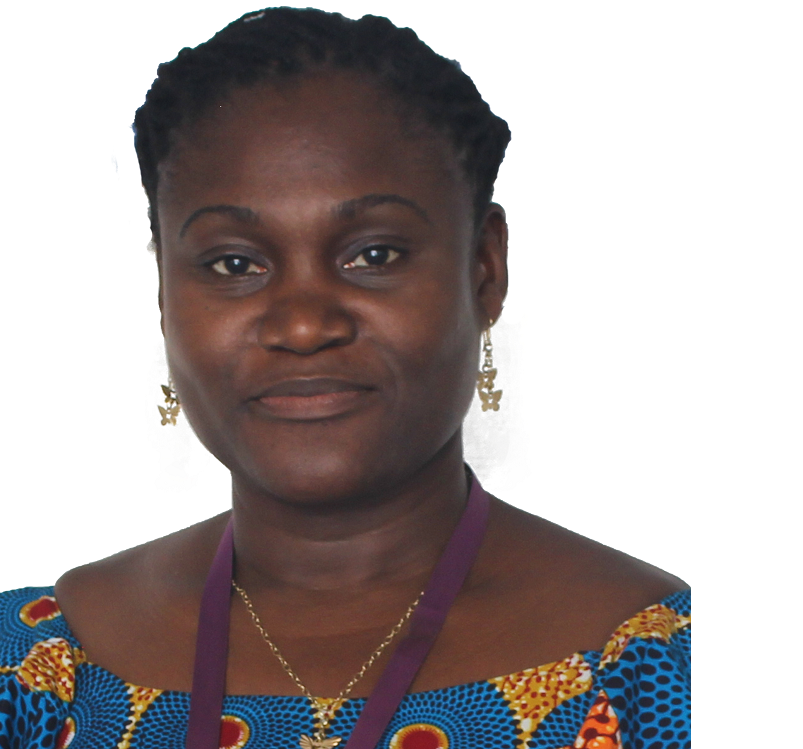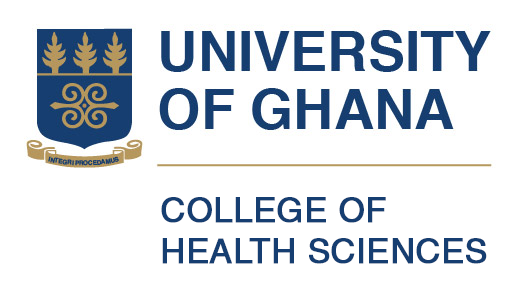
(Linda Amoah - NMIMR)
An effective malaria vaccine is key to sustainable control and elimination strategies. My laboratory is taking an integrated approach to both evaluate malaria transmission in the field and design new transmission blocking agents, including the identification and characterization of host receptors for gametocyte surface ligands.
In addition to producing and evaluating the efficacy of transmission blocking malaria vaccine candidates, I have projects in place to evaluate the development of transmission blocking immunity and the production of gametocytes during a natural infection. I am also very interested in identifying host genetic determinants of malaria pathogenesis and transmission traits as well as genetic determinants of other diseases including non-communicable diseases (NCDs).
My laboratory is also interested in identifying safe and effective herbal products that would aid reduce malaria transmission by acting on the sexual transmissible forms in addition to the asexual disease-causing parasite. We also recently confirmed the existence of parasites with deletions in exon 2 of the pfhrp2 gene that cause false negative RDT results.
I am a member of the expert working group on malaria at the Malaria Center for Excellence, the Non Communicable Diseases Support Center and the Health Professions Education Committee (HPEC) of the College of Health Sciences, all of the University of Ghana. I am a part-time lecturer at the Department of Biochemistry, Cellular and Molecular Biology (BCMB) and faculty at the West Africa Center for Cell Biology of Infections Pathogens (WACCBIP) of the University of Ghana.
